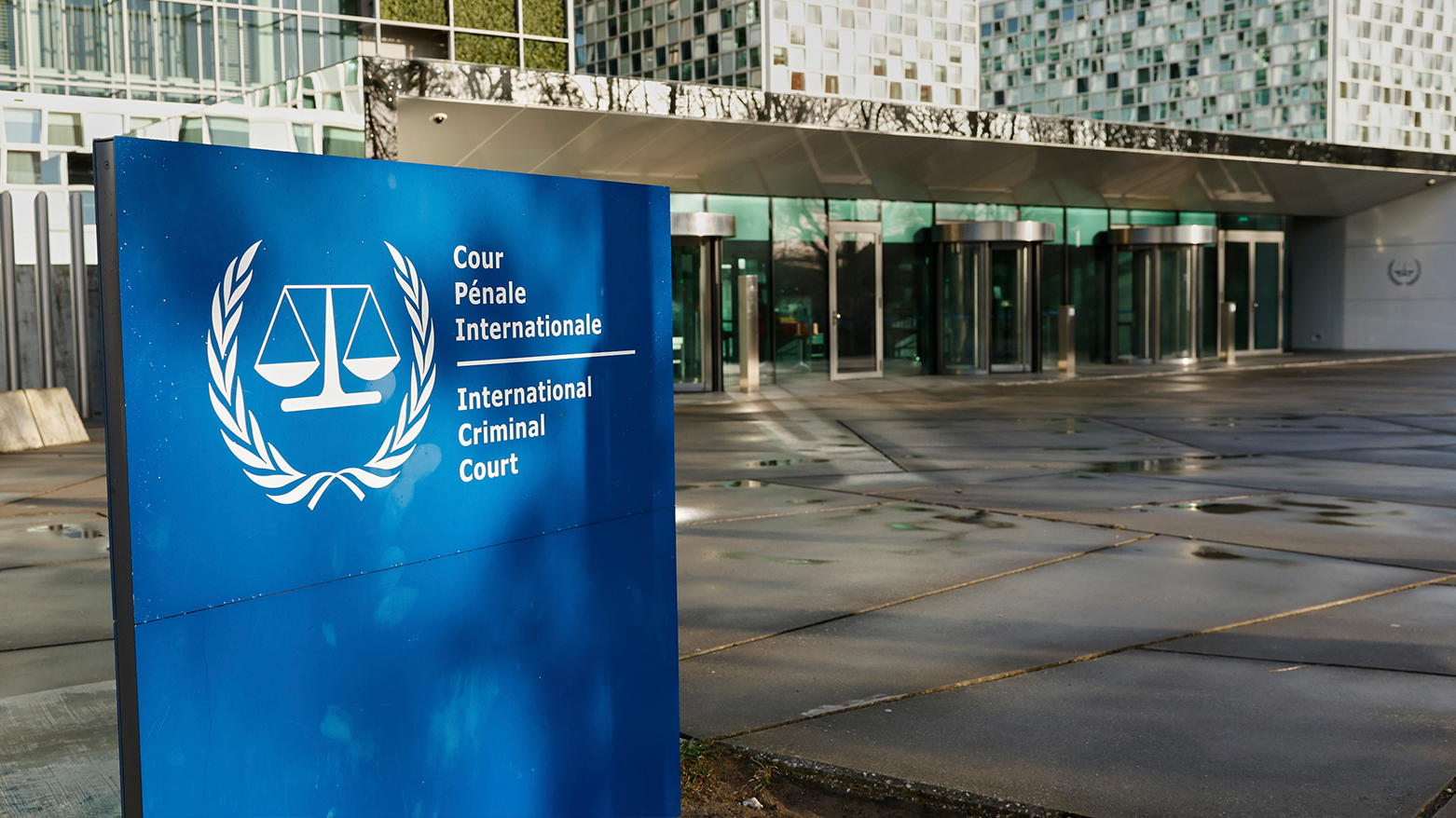ICC Issues Arrest Warrants for Senior Taliban Leaders Over Gender-Based Persecution
ICC issues arrest warrants for Taliban leaders Akhundzada & Haqqani for crimes against humanity over systematic oppression of Afghan women. Landmark ruling targets gender persecution since 2021 takeover.

By Ahora Qadi
ERBIL (Kurdistan24) – In a landmark legal move, the International Criminal Court (ICC) on Tuesday issued arrest warrants for two of the Taliban’s most senior figures, accusing them of crimes against humanity through the systematic persecution of women and girls in Afghanistan.
The court’s pre-trial judges announced that there were “reasonable grounds” to suspect that Taliban Supreme Leader Haibatullah Akhundzada and the regime’s Chief Justice Abdul Hakim Haqqani committed gender-based persecution amounting to crimes against humanity. The alleged violations span from August 15, 2021—the day the Taliban seized control of Kabul—through at least January 20, 2025.
Crimes rooted in systemic gender oppression
According to the judges’ statement, while the Taliban’s governance affected the Afghan population at large, their policies explicitly and disproportionately targeted women and girls, stripping them of essential civil and human rights.
“Girls and women have been severely deprived of their rights to education, privacy, and family life, as well as freedoms of movement, expression, thought, conscience, and religion,” the ICC noted.
The ruling further indicated that individuals were also targeted based on perceived deviations from the Taliban’s restrictive interpretations of gender roles, including those whose sexual or gender identity was deemed non-conforming.
Global justice and enforcement challenges
The ICC, headquartered in The Hague, was established to prosecute individuals responsible for the most serious crimes under international law—chief among them genocide, war crimes, and crimes against humanity.
However, enforcement remains a significant hurdle. The court lacks its own policing powers and must rely on member states to apprehend those under arrest warrants. This limitation means that Akhundzada and Haqqani are unlikely to face immediate detention unless they travel to a country that is a signatory to the Rome Statute and willing to act.
Implications for Taliban legitimacy
This legal development delivers a sharp rebuke to the Taliban’s claims of legitimate governance and may further isolate the regime on the international stage. With a growing number of human rights organizations and international actors denouncing the Taliban’s treatment of women, the ICC’s intervention marks a decisive shift in efforts to hold the group’s leadership accountable for entrenched gender-based abuses.
As the arrest warrants now await potential execution, global attention will focus on whether any state will be in a position—and willing—to act on them.